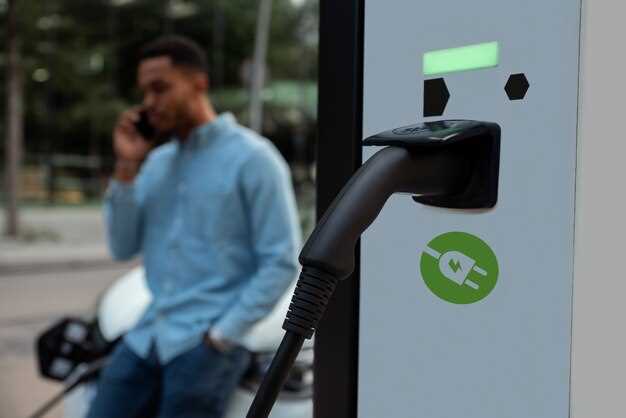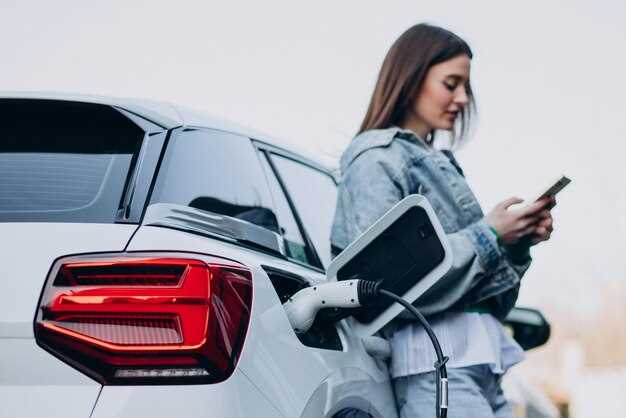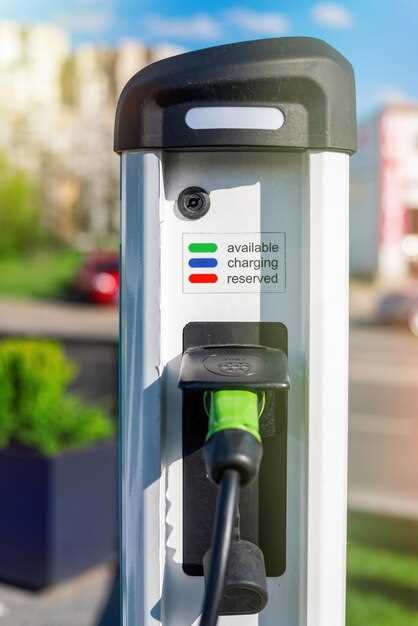
The rise in popularity of electric vehicles (EVs) has brought about essential discussions regarding charging infrastructure. Two primary options stand out: home charging and public charging. Each method has its own set of advantages and challenges, making it crucial for potential EV owners to evaluate which option suits their lifestyle best.
Home charging offers unparalleled convenience, allowing users to recharge their electric vehicles overnight. With a personal charger installed at home, drivers can wake up to a fully charged battery, eliminating the need for frequent stops at public charger stations. This method not only saves time but also typically incurs lower costs in comparison to public alternatives, especially when utilizing off-peak electricity rates.
On the other hand, public charging stations play a vital role in enhancing the overall EV experience, particularly for long-distance travel or in situations where home charging is not feasible. These stations provide faster charging options, offering a reliable solution for users needing to top up their battery in a pinch. However, the availability and accessibility of public charger stations can vary significantly depending on the region, sometimes leading to range anxiety for EV drivers.
Advantages of Installing a Home Charger for EV Owners

Installing a home charger provides several distinct advantages for electric vehicle (EV) owners. These benefits enhance the overall ownership experience, making it more convenient and cost-effective compared to relying solely on public charging stations.
- Convenience: With a home charger, EV owners can charge their vehicles overnight while they sleep, eliminating the need to visit public stations during busy hours.
- Cost Savings: Home charging typically costs less per kilowatt-hour than public charging stations, especially if owners take advantage of off-peak electricity rates.
- Faster Charging: Home chargers often provide higher charging speeds compared to many public options, allowing for quicker turnaround times, especially if using a Level 2 charger.
- Increased Control: EV owners have complete control over their charging schedules and habits, enabling them to maintain their vehicle’s battery health more effectively.
- Enhanced Convenience for Daily Commutes: For those who drive short distances daily, having a home charger eliminates the logistical challenges of finding an available public charger each time they need to charge.
In summary, a home charging station offers vital benefits that cater to the unique needs of EV owners, making it a worthy investment for anyone considering an electric vehicle.
When to Rely on Public Charging Stations for Long Trips
Choosing the right time to use public charging stations during long trips is essential for a smooth travel experience. Generally, it is advisable to rely on public charging options when your journey exceeds the range of your electric vehicle (EV) or when you anticipate prolonged periods without access to your home charger.
Planning is crucial. Before embarking on a long trip, assess the distance you intend to cover and verify whether your EV’s battery can handle it. Utilize mapping tools that specifically show charging stations along your route to better gauge your stopping points. This ensures you won’t encounter unexpected situations where your battery level is insufficient to reach a destination.
Public charging stations are particularly beneficial in a few key situations. If you are traveling through remote areas or regions where home charging setups are unavailable, stopping at public stations becomes imperative. Additionally, if you’re planning to visit locations known for their limited charging infrastructure, you may need to charge at public stations more frequently.
Furthermore, relying on public charging stations makes sense during multi-day trips, where you might not have access to home charging between stops. Use them strategically to recharge your vehicle while you take breaks, such as during meals or overnight stays, thus allowing you to maximize your travel time.
In summary, while home charging remains the most convenient option for day-to-day use, public charging stations are an essential resource for long trips, offering flexibility and accessibility when you need it the most.
Comparing Costs: Home Charging vs Public Charging Expenses

The cost of charging an electric vehicle (EV) can significantly influence the decision of whether to charge at home or use public charging stations. Analyzing these expenses helps EV owners choose the most economical option for their needs.
Home charging typically involves connecting a vehicle to a residential electric outlet or a dedicated home charger. The average cost of electricity varies by location but generally ranges from $0.10 to $0.30 per kilowatt-hour (kWh). For an EV that has a battery capacity of around 60 kWh, a full charge at home might cost between $6 and $18. This cost is predictable and can be further reduced by charging during off-peak hours, taking advantage of lower electricity rates.
In contrast, public charging expenses can fluctuate based on the type of station used. Level 2 chargers, commonly found in public locations, may charge users anywhere from $0.10 to $0.60 per kWh. Fast chargers, while much quicker, often come with higher fees, averaging between $0.20 and $0.80 per kWh. Additionally, some public charging stations might include a session fee, which can further increase the cost of charging.
Another factor to consider is the frequency of use of public charging stations. While occasional users may find public charging reasonably priced, frequent users could incur substantial costs over time, especially if reliant on fast chargers. Furthermore, the availability and convenience of public stations may impact the overall charging experience, as some locations may have limited access or require advanced planning.
Ultimately, while home charging tends to be more cost-effective and convenient for daily use, public charging offers a necessary alternative for long trips or those without home charging access. Each EV owner should evaluate their own driving habits, electricity rates, and the availability of charging stations to make an informed decision on which option works best for them.


